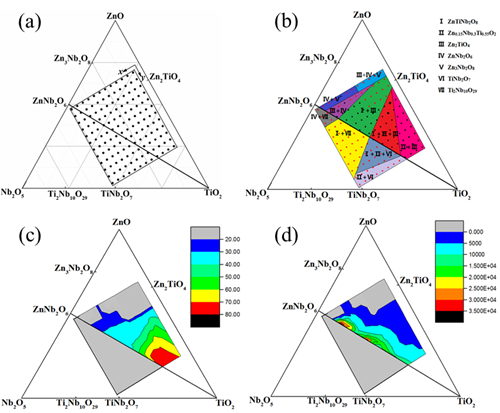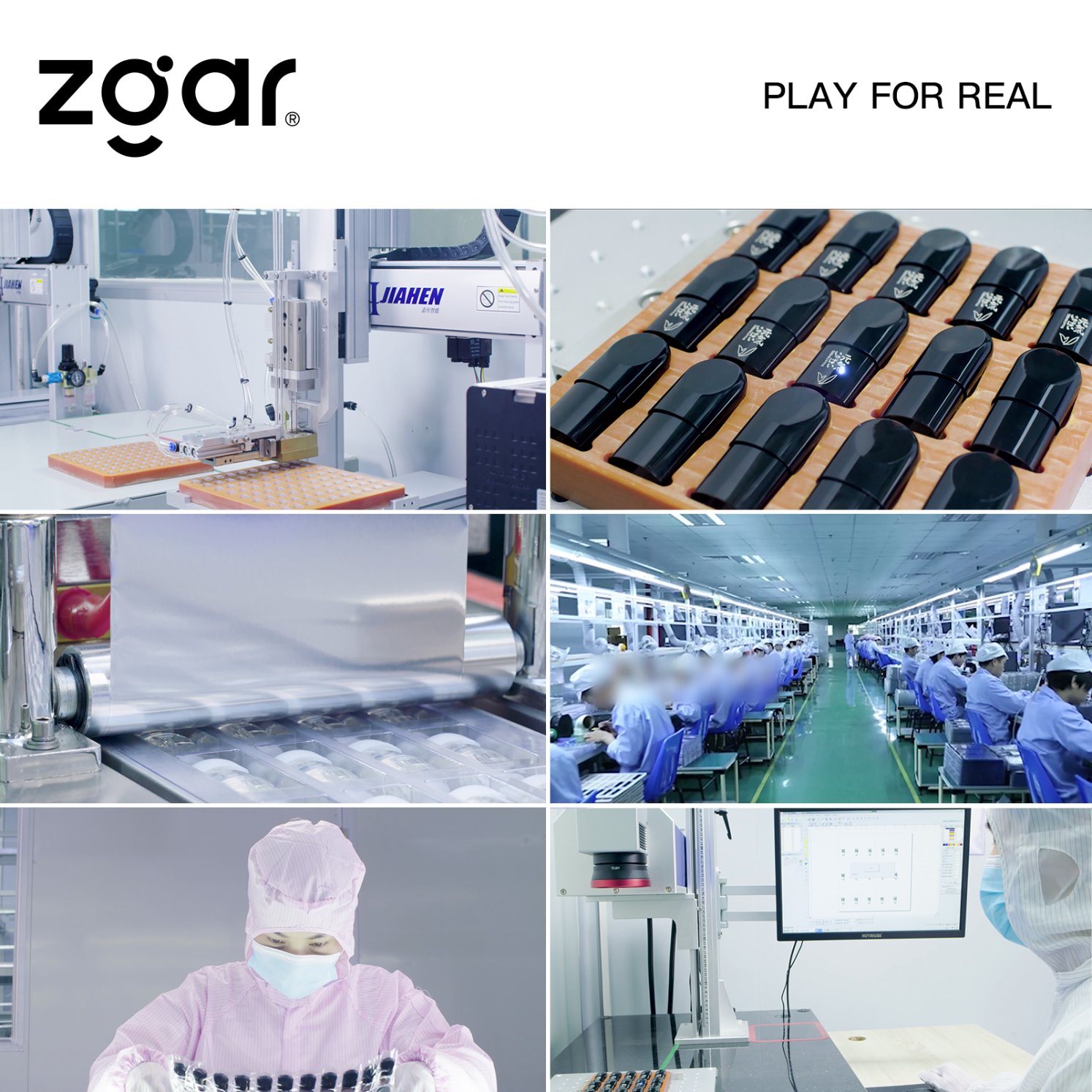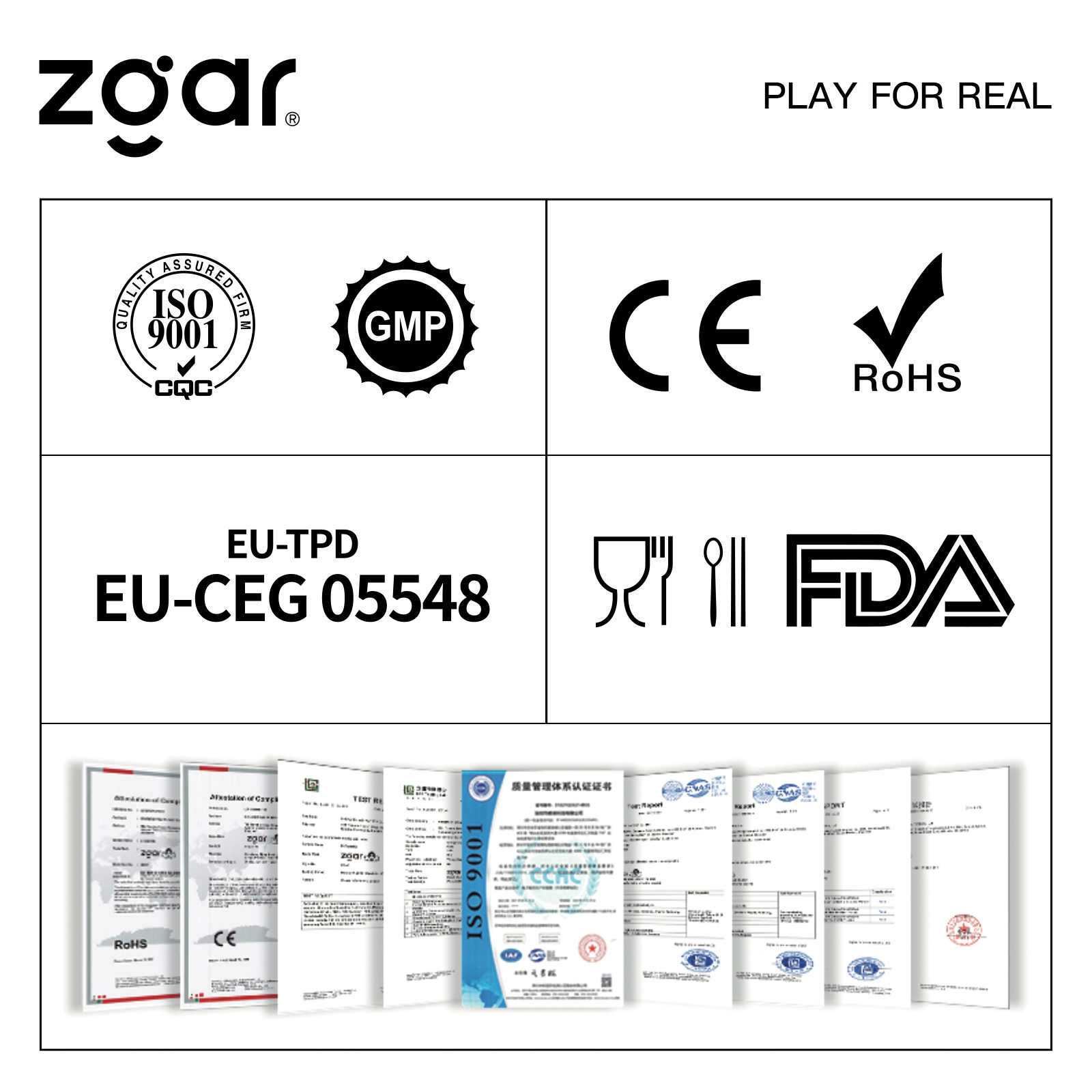The project was initiated in 2015, focusing on the application requirements of low-temperature, integrated, multi-layer and high-frequency electronic information systems for high-temperature low-temperature cofired ceramics (LTCC) dielectric materials and magnetic dielectric composites. On the basis of establishing high-throughput experimental technology and platform, the paper focuses on solving the contradiction between low-temperature sintering and low loss, so as to obtain a series of high-performance low-loss LTCC dielectric materials and LTCC magnetic composite materials. Shanghai Silicate Institute is mainly responsible for the research and development of LTCC materials high-throughput experimental technology and LTCC dielectric materials.
Low Temperature Cofired Ceramics (LTCC) technology has been widely used in radar, aerospace and other special electronic equipment as well as high-performance computers, wireless communications, automotive electronics and other fields. In particular, the leading technologies of 5G mobile communication, intelligent network and unmanned driving make modern electronic components and systems aim at small, thin, light, low power consumption and high reliability, microwave millimeter wave materials and integrated devices, Integrated systems have become an important research topic in the world of electronic information. LTCC technology is an important technical way to realize the miniaturization, integration, multi-function and system-in-package (SiP) of next-generation passive devices. However, research and development of LTCC material-to-device applications is a very complex process involving ceramic materials, cast paste, component design and manufacturing processes. From LTCC materials to R&D to implementation of device applications, it is necessary to repeat thousands of experiments from material formulation design, preparation process, powder processing, ceramic tape casting, device design, device processing technology and performance testing. It is difficult to determine the best material properties, process and final product that meets the performance requirements.
With the support of the “863†project, Shanghai Silicate Institute's passive integrated device and materials research team adheres to the research and development route of LTCC material-process-device integration, and introduces high-throughput experimental methods into the research and development of LTCC materials. Improve material research and development efficiency, and carry out systematic work in high-throughput preparation technology of LTCC ceramic materials, high-throughput experimental method of casting slurry, development of new materials and new devices of LTCC, and development of LTCC material database. :
A high-throughput preparation method and platform for 16-channel ceramic materials including automatic powder mixing, automatic compounding, batch molding and batch sintering were established. Based on the verification of the effectiveness of high-throughput experimental methods, it was successfully applied to Li-Nb. - "Mapping" of composition, phase, microstructure and microwave dielectric properties of multiple systems such as Ti-O, Zn-Nb-Ti-O and Cu-Nb-Ti-O, for the screening of high performance LTCC materials and Performance and process optimization provide an effective way (J. Euro. Ceram. Soc., 37, 2017, 3951; Ceram. Int., 43, 2017, 13895); introducing the idea of ​​combined design and high-throughput parallel processing to ceramics Screening and optimization of the casting slurry formulation, based on this method, the casting slurry formulation of the ethanol-ethyl acetate mixed solvent system was obtained, and successfully used for the preparation of thick film ribbons of multiple LTCC materials, thereby demonstrating the The high-throughput method has universal applicability and has important application value for screening and rapid optimization of casting slurry system formulations.
Developed and optimized K70 series high-medium LTCC microwave dielectric materials, mastered the precise control technology of sintered grains and comprehensive properties, and realized batch stable preparation of materials; proposed ultra-low loss through multi-step solid phase synthesis [tand< 0.001@~10 GHz] LTCC dielectric material ideas (ZL 201510109370.3; US9718696; JP2016172683), developed K5 series millimeter wave LTCC dielectric material with dielectric constant 5~7; directly observe the diffusion path of silver in LTCC material, master A technical approach to inhibit the diffusion of silver electrodes in LTCC materials (J. Am. Ceram. Soc., 99, 2016, 2402).
Actively expand the application of self-developed LTCC dielectric materials in multilayer devices. Based on the above-developed LTCC dielectric materials, a series of microwave filters, couplers and duplexers have been researched, and a high-performance miniaturized LTCC bandpass filter with a substrate integrated waveguide (SIW) structure has been developed. One-third of the traditional low dielectric materials of the same type of filter (Wirel. Commun. Mob. Com., 2018, 9737219, 7); promoted the application of LTCC materials in the field of wireless integrated sensors, obtained toxic detection of ppb level NO2 The gas is highly sensitive LTCC wireless gas sensor (Sensors and Actuators B: Chemical. 239, 2017, 711), and LTCC wireless pressure sensors (Sensors 18, 2018, 340) with different pressure detection limits and sensitivity.
Based on the "Chinese Academy of Sciences Data Cloud" platform, the LTCC media material database was constructed. The data structure is optimized for the characteristics of LTCC materials, covering all kinds of data information such as basic composition information, structural information, sintering information, microwave dielectric properties, and magnetic properties. At present, the database has included more than 5,800 valid data including its own experimental data and literature data, covering LTCC microwave dielectric materials, LTCC ferrite materials and other fields. The database will be further refined and enriched, making it a key node for data sharing in this field and playing an important role in the development of new materials in the LTCC field.
Some of the results of the project have been applied in enterprises, and a number of LTCC filters based on independent materials have been successfully developed, and small batch production has been realized, which has played an important role in upgrading products and upgrading technical competitiveness. The research team will focus on promoting the batch preparation and engineering application of autonomous LTCC materials, and further explore and research on high-performance LTCC new materials, passive integration technologies and new applications.

High-throughput experimental studies of Zn-Nb-Ti-O system ceramic materials: (a) chemical composition of the sample array; (b) phase division based on high-throughput experiments; (c) dielectric constant mapping; (d) Q ×f value mapping






Autonomous LTCC materials successfully applied to integrated wireless pressure sensors

Autonomous LTCC materials successfully applied to integrated wireless microfluidic sensors
ZGAR Foggy Box 7000
ZGAR electronic cigarette uses high-tech R&D, food grade disposable pod device and high-quality raw material. All package designs are Original IP. Our designer team is from Hong Kong. We have very high requirements for product quality, flavors taste and packaging design. The E-liquid is imported, materials are food grade, and assembly plant is medical-grade dust-free workshops.
Our products include disposable e-cigarettes, rechargeable e-cigarettes, rechargreable disposable vape pen, and various of flavors of cigarette cartridges. From 600puffs to 5000puffs, ZGAR bar Disposable offer high-tech R&D, E-cigarette improves battery capacity, We offer various of flavors and support customization. And printing designs can be customized. We have our own professional team and competitive quotations for any OEM or ODM works.
We supply OEM rechargeable disposable vape pen,OEM disposable electronic cigarette,ODM disposable vape pen,ODM disposable electronic cigarette,OEM/ODM vape pen e-cigarette,OEM/ODM atomizer device.


Disposable E-cigarette, ODM disposable electronic cigarette, vape pen atomizer , Device E-cig, OEM disposable electronic cigarette,disposable vape,zgar foggy box
ZGAR INTERNATIONAL(HK)CO., LIMITED , https://www.szvape-pods.com
